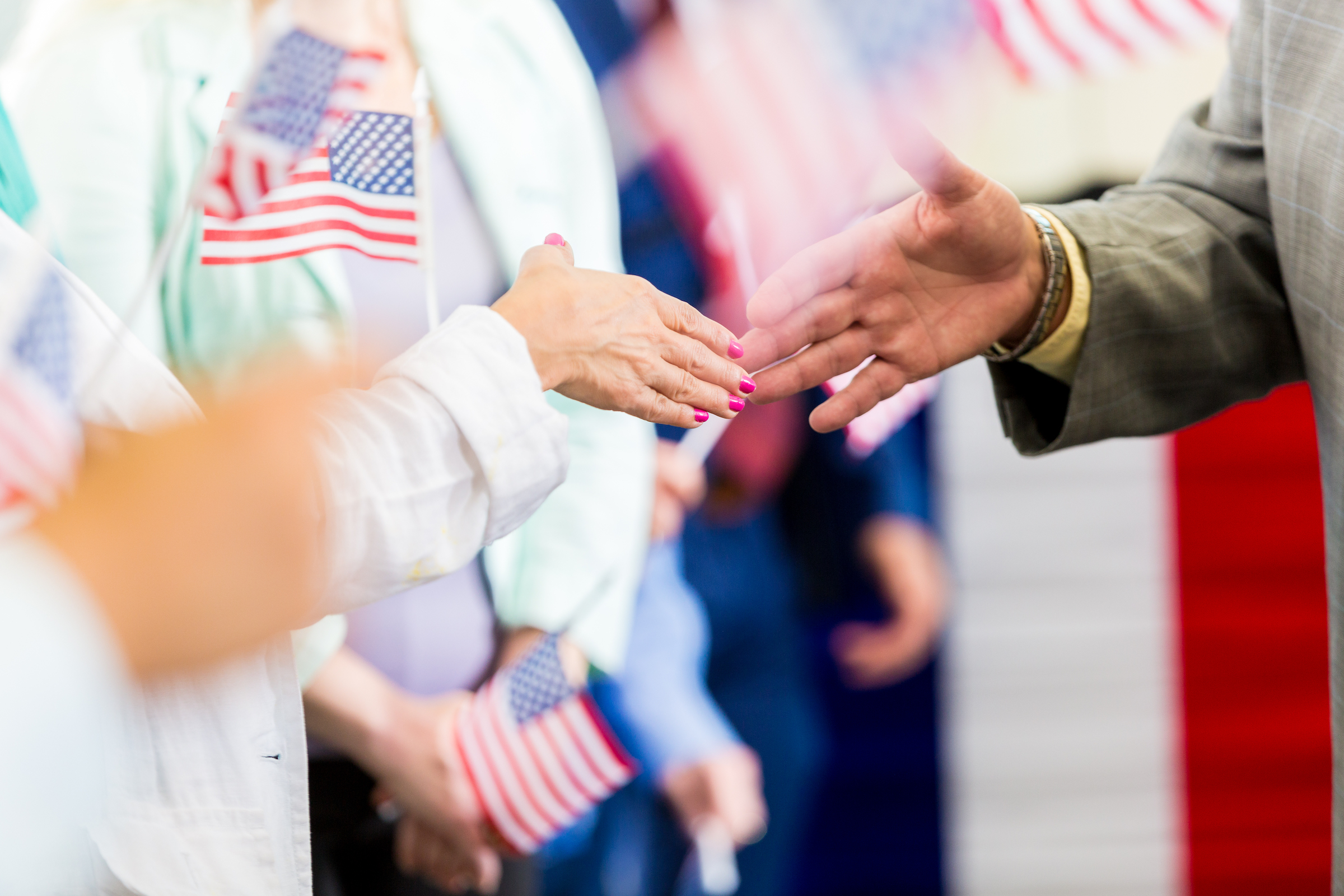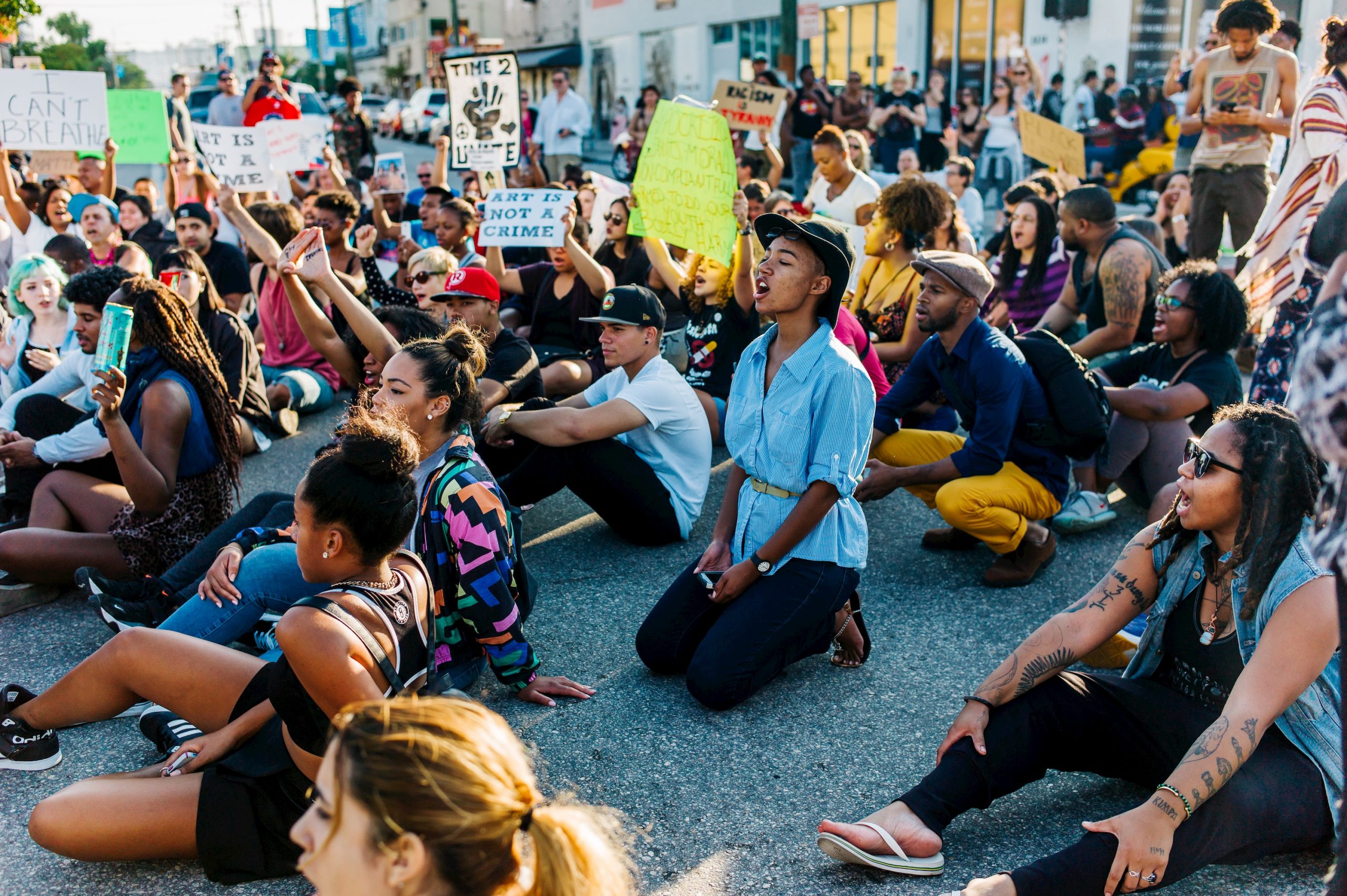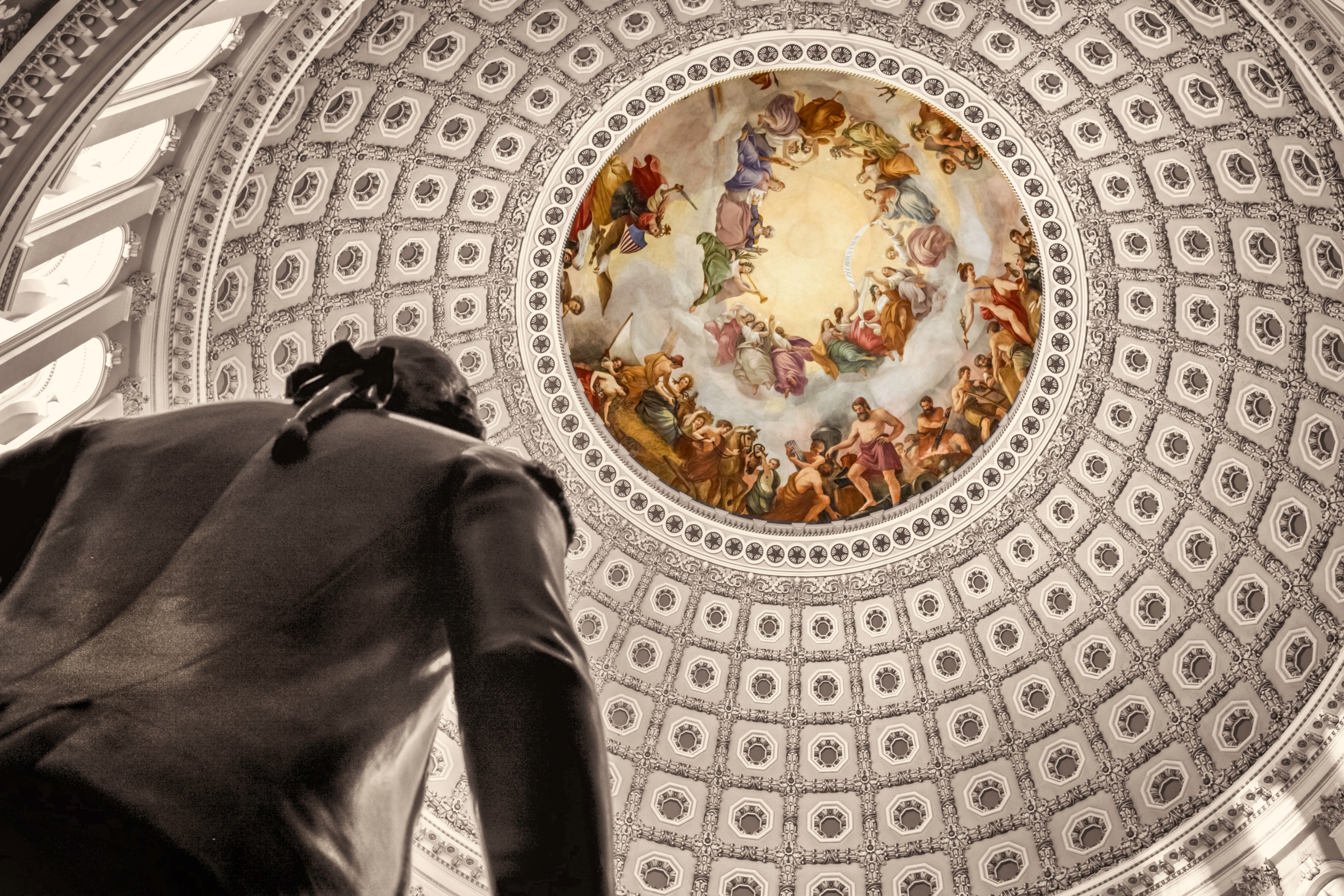Even before the emergence of so-called “resistance tech,” investors, venture funds, and foundations were pumping money into tech tools that make it easier for citizens to express their opinions to their elected representatives. This support has empowered constituents with more ways to contact their elected officials, and as a result, a civic engagement has grown over the past decade, burying members of Congress with ever-increasing volume of emails, phone calls, tweets, texts, and even faxes (yes, faxes).
Although civic engagement is essential to our democracy, Congress sorely lacks the commensurate resources to keep up with the staggering volume of constituent communication. Several reasons exist for this disparity. For one, Congressional offices are a minuscule market when compared to the business opportunity that activating millions of constituents represents to start-ups. Institutional rules and security requirements further hamper product innovation. Vendors must go through rigorous and opaque certification processes with House and Senate administrators before they can release products to congressional staff. These administrators have forbidden common workplace applications like Slack for security concerns. Meanwhile, Congress doesn’t invest adequately in its own technological and communications capacity to the point that offices still have fax machines in 2018.
Democracy Fund and our affiliated social welfare organization, Democracy Fund Voice, recently awarded several grants to address the disparity between the tools available to congressional staff and the technological innovations of the digital advocacy industry. These grants will enable staff to gauge constituent sentiment quickly and efficiently, deliver more meaningful and satisfying replies, and save offices countless hours of staff time currently spent on menial tasks. They also pave the way for further innovation.
A grant to the Tides Foundation will support the Popvox LegiDash Fund to build “LegiDash,” a closed social network for constituents and member offices. This tool will give congressional staff a new way to connect with folks back home one-on-one, offer a clearer picture of district sentiment in the aggregate, and provide a trusted alternative communications portal to Facebook, satisfying a growing concern on Capitol Hill about what the tech giant does with the data generated on members’ official pages.
Congressional vendor Fireside21 will use a grant from Democracy Fund Voice to research machine-learning techniques that automate much of the rote, labor-intensive processes that member offices use to organize bulk constituent email. The resulting improvements of this research could save offices dozens of personnel-hours a week and make further advances – such as content analysis of constituents’ social media comments on elected representatives’ accounts – possible.
These grants follow the success of Democracy Fund grantee the OpenGov Foundation to develop and deploy Article One, a voice-to-text tool that saves offices many hours by transcribing constituent voicemails. Fireside21 recently partnered with the nonprofit to offer this service to members in the House of Representatives.
This approach is an experiment in using philanthropy to build technological capacity for congressional offices in ways the marketplace cannot provide. Importantly, these grantees are trusted partners of congressional stakeholders, with years of experience collaborating with Congress to understand the needs of members and staff as the foundation of product design. If the grants are successful, harried staff will have capacity to craft more meaningful responses to constituents in less time, rebuilding constituents’ trust that Washington is listening. They will also free up staff hours that offices can reallocate to researching public policy, drafting legislation, and conducting oversight.
Using technology to make the most labor-intensive parts of constituent service more efficient is an exciting prospect, but it’s not our only goal in funding this space. We will continue to explore other projects and tools that can rebuild congressional capacity to address the nation’s most pressing public policy issues. Lorelei Kelly at Georgetown University’s Beeck Center likens this lawmaking capacity to a technical stack, or the overlapping components that build a technological system or software platform. Right now, this stack is breaking down. Technology can assist members of Congress in a variety of ways, from helping to build relationships with subject-matter experts at the district-level, creating new venues for constituent-member discussion in real time, leveraging troves of data to formulate policy and evaluating whether those initiatives are meeting desired outcomes.
Building this capacity makes it more likely that constituent sentiment, now often channeled into mass advocacy campaigns, can actually produce desired policy change. Congress needs knowledge-building solutions, like quick access to high-quality, impartial information; situational awareness within the institution itself; visibility into staff networks working on shared issues; and – universally – more time to act upon constituent needs.
Ideally, Congress would give itself this capability with an in-house version of 18F or a Congressional Digital Service; until that happens, philanthropy and private investors have a civic obligation to reinforce the technological infrastructure of the first branch of government. The challenges are so fundamental that even modest levels of funding, if properly placed, can create transformative change within the congressional workplace. A stronger democracy will be the ROI.





